
Bruce Bower has written about the behavioral sciences since 1984. He often writes about psychology, anthropology, archaeology and mental health issues. Bruce has a master's degree in psychology from Pepperdine University and a master's degree in journalism from the University of Missouri. Following an internship at Science News in 1981, he worked as a reporter at Psychiatric News, a publication of the American Psychiatric Association, until joining Science News as a staff writer. In 1996, the American Psychological Association appointed Bruce a Science Writer Fellow, with a grant to visit psychological scientists of his own choosing. Early stints as an aide in a day school for children and teenagers with severe psychological problems and as a counselor in a drug diversion center provided Bruce with a surprisingly good background for a career in science journalism.

Trustworthy journalism comes at a price.
Scientists and journalists share a core belief in questioning, observing and verifying to reach the truth. Science News reports on crucial research and discovery across science disciplines. We need your financial support to make it happen – every contribution makes a difference.
All Stories by Bruce Bower
-
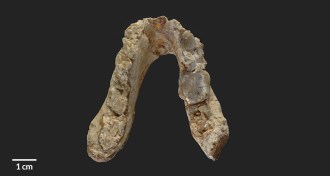 Anthropology
AnthropologyEuropean fossils may belong to earliest known hominid
With new analyses of Graecopithecus fossils from Greece and Bulgaria, researchers argue for possible hominid origins in Europe, not Africa.
-
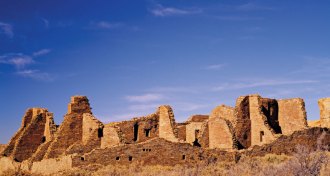 Archaeology
ArchaeologyChaco Canyon’s ancient civilization continues to puzzle
A dynasty may have risen from the dead in an ancient Chaco great house.
-
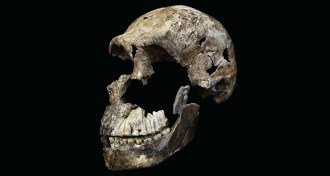 Anthropology
AnthropologyHomo naledi may have lived at around same time as early humans
South African species Homo naledi is much younger than previously thought.
-
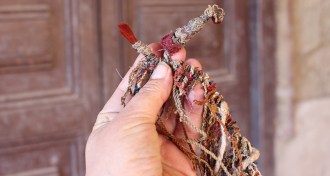 Archaeology
ArchaeologyTwisted textile cords may contain clues to Inca messages
A writing system from the 1700s may illuminate even older knotty Inca messages.
-
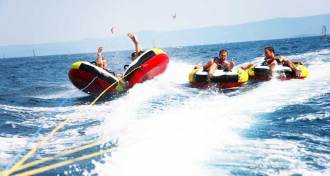 Anthropology
AnthropologyWater tubing accidents, table run-ins cause Neandertal-like injuries
People’s injury patterns today can’t explain how Neandertals got so many head wounds.
-
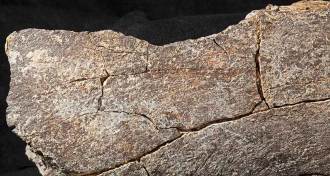 Archaeology
ArchaeologyFirst settlers reached Americas 130,000 years ago, study claims
Mastodon site suggests first Americans arrived unexpectedly early.
-
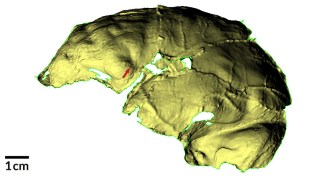 Humans
HumansHomo naledi’s brain shows humanlike features
South African Homo species had small but humanlike brain, scientists say.
-
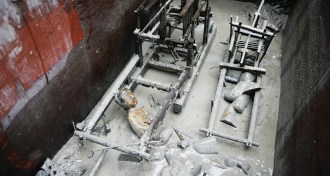 Archaeology
ArchaeologyOldest evidence of patterned silk loom found in China
Chinese finds offer earliest look at game-changing weaving machine.
-
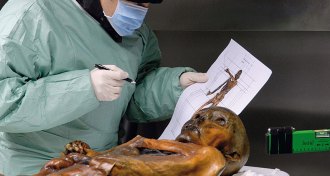 Anthropology
AnthropologyÖtzi the Iceman froze to death
Copper Age Iceman froze to death, with shoulder and head damage.
-
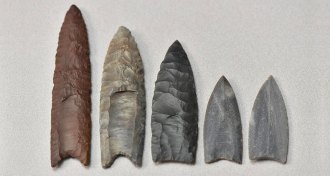 Archaeology
ArchaeologyShock-absorbing spear points kept early North Americans on the hunt
Ancient Americans invented a way to make spear points last on an unfamiliar continent.
-
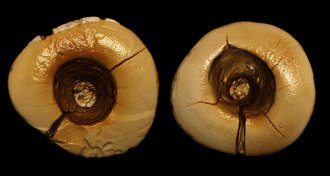 Archaeology
ArchaeologyStone Age hunter-gatherers tackled their cavities with a sharp tool and tar
Late Stone Age hunter-gatherers scraped and coated away tooth decay.
-
 Psychology
PsychologyOut-of-body experiments show kids’ budding sense of self
Sensing that “my body is me” starts early and develops over many years.